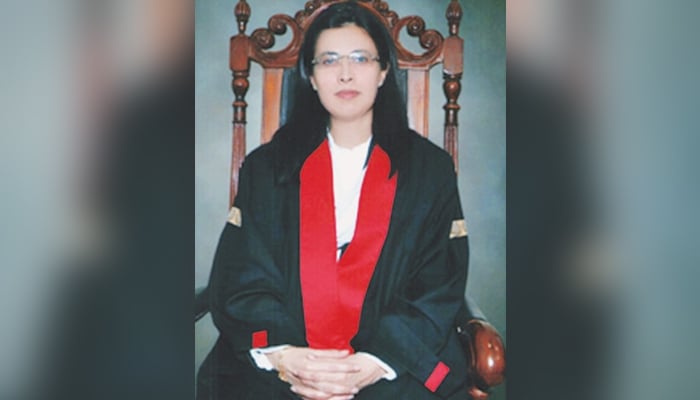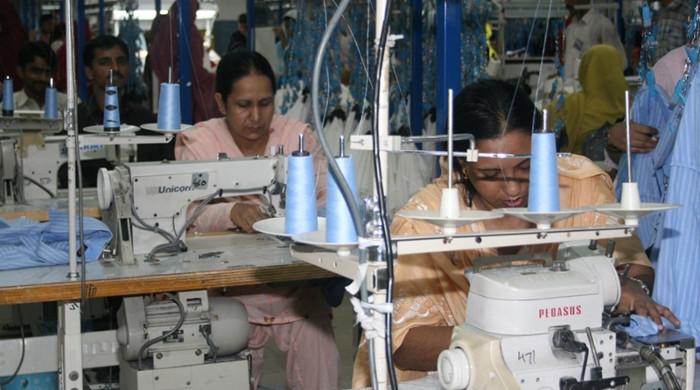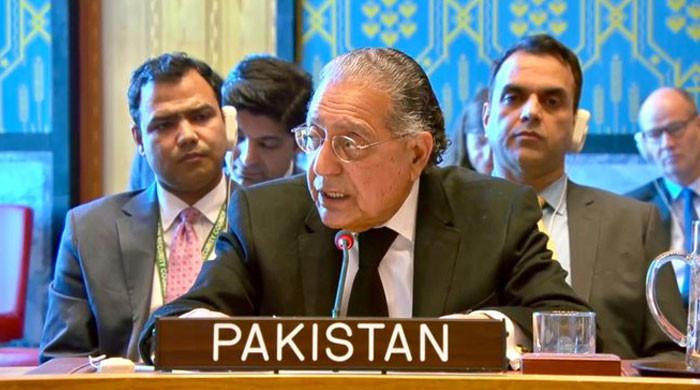Justice Ayesha Malik set to become first woman SC judge in 74-year history
CJP Gulzar Ahmed summons Judicial Commission meeting; Justice Malik's name in consideration
August 13, 2021

Lahore High Court's Justice Ayesha Malik is set to become the first woman judge in the Supreme Court of Pakistan — in the country's 74-year history.
The decision is set to take place during a meeting of the Judicial Commission on August 9, which will be chaired by Chief Justice of Pakistan Justice Gulzar Ahmed, sources said.
The body is considering appointing Justice Malik as a judge for the top court, sources said, as SC's Justice Mushir Alam is about to retire on August 17.
Justice Malik ranks number four on the seniority list of the LHC.
Born in 1966, Malik completed her basic education from schools in Paris, New York, and Karachi, according to the LHC's website.
She completed her BCom from the Government College of Commerce and Economics, Karachi, and studied law at Pakistan College of Law, Lahore.
She did LLM from Harvard Law School and has also worked with Fakhurddin G Ebrahim. Justice Malik has appeared in the high courts, district courts, banking courts, special tribunals, and arbitration tribunals.
The justice was called upon as an expert witness in family law cases conducted in England and Australia involving issues of child custody, divorce, women's rights, and constitutional protection for women in Pakistan.
Landmark two-finger test judgement
Justice Malik gave her landmark judgment back in June, when she had declared virginity tests for examination of sexual assault survivors “illegal and against the Constitution of Pakistan."
A single bench led by Justice Malik announced the verdict in a set of petitions, filed in March and June 2020 by rights activists along with a PML-N lawmaker.
In the 30-page judgment, the judge wrote that the two-finger test (TFT) and hymen test have no medical basis or forensic value in cases of sexual violence and declared that virginity tests “offend the personal dignity of the female victim and therefore is against the right to life and right to dignity enshrined in Article 9 and 14 of the Constitution”.











